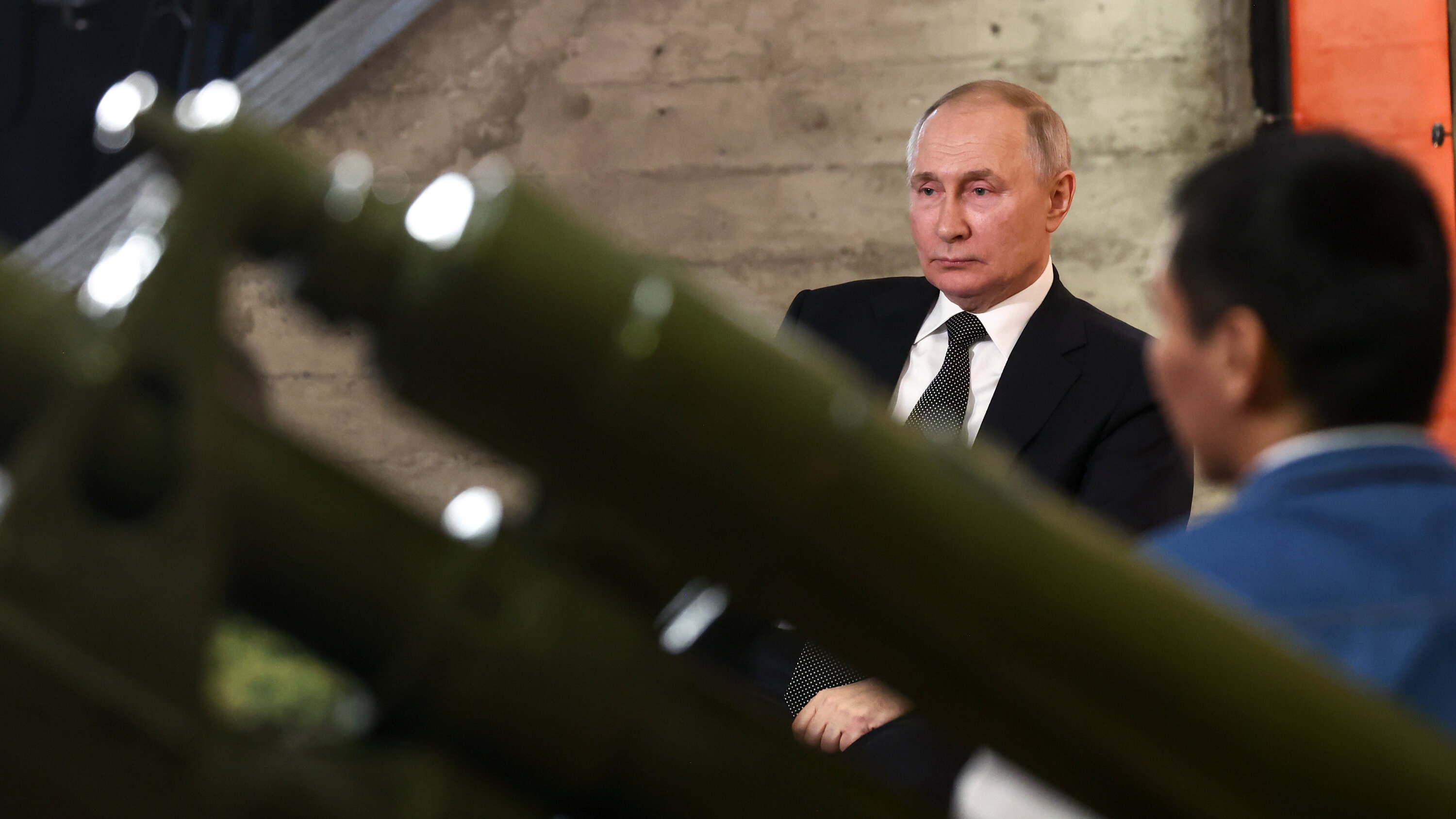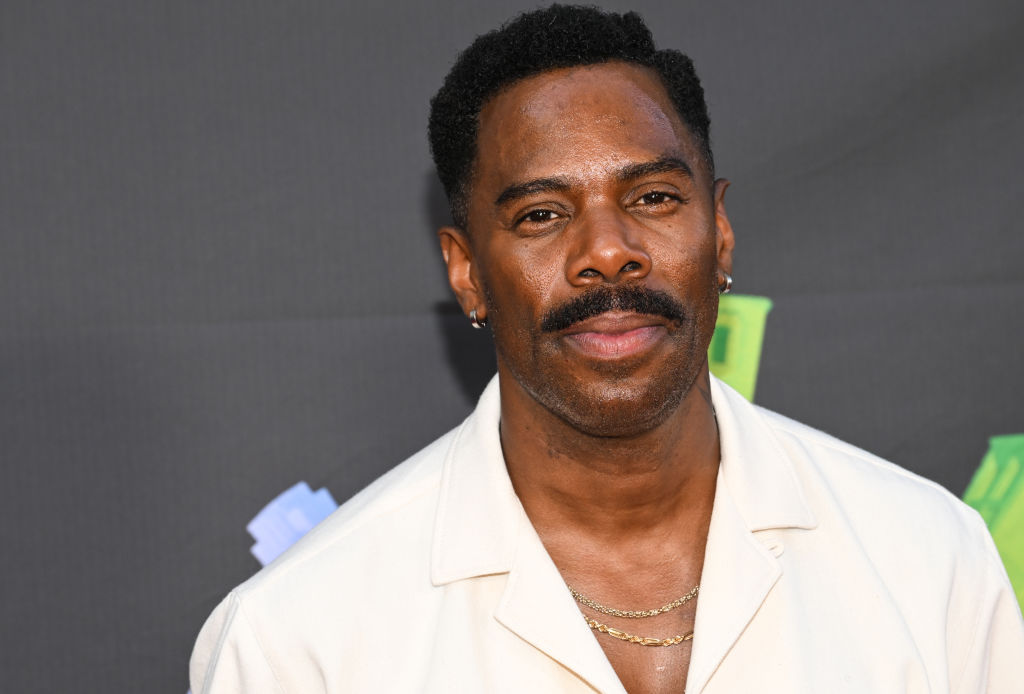Ukraine Conflict: Putin's Statement On Nuclear Weapons Use

Table of Contents
The Context of Putin's Statements
Understanding Putin's nuclear weapons statement requires examining the broader context of the Ukraine conflict.
Escalation of the Conflict
Russia's military setbacks in Ukraine have significantly influenced Putin's rhetoric. The failures of the initial offensive towards Kyiv, the successful Ukrainian counteroffensives, particularly around Kharkiv, and the consistent international support for Ukraine have likely contributed to the increasingly bellicose language from Moscow. This narrative is often intertwined with Putin's framing of the conflict as a necessary response to an existential threat posed by the West.
- Failures in Kharkiv offensive: The rapid Ukrainian advance in September 2022 significantly undermined Russia's military position.
- Counteroffensives by Ukraine: Successful Ukrainian counter-offensives have eroded Russian territorial gains and demonstrated the effectiveness of Western military aid.
- International support for Ukraine: The unwavering support from NATO and other Western nations provides Ukraine with crucial resources and strengthens its resolve.
- Narrative of Western Existential Threat: Putin consistently portrays the conflict as a response to NATO expansion and Western aggression, attempting to justify his actions on a broader geopolitical stage.
Domestic Political Considerations
Domestic political factors also play a crucial role in shaping Putin's nuclear weapons statement. Maintaining public support amidst military setbacks is paramount for his regime.
- Maintaining public support: Strong rhetoric, including the threat of nuclear weapons, can be used to rally public support and deflect criticism of the war's progress.
- Projecting strength: Nuclear threats project an image of strength and resolve, potentially deterring further Western intervention.
- Diverting attention from internal issues: Focusing on external threats can distract from internal economic and social problems within Russia.
- Strongman Image: Such announcements reinforce Putin's image as a decisive and powerful leader, vital to maintaining his authority.
Analyzing the Nuances of Putin's Language
Scrutinizing the specific wording used by Putin in his various pronouncements is critical to understanding the true nature of the threat.
Decoding the Threat
Putin's statements have often been ambiguous, leaving room for multiple interpretations. It's crucial to analyze the precise language used to discern whether it constitutes a direct threat or a veiled warning.
- Specific quotes from Putin's statements: Careful examination of Putin's exact words is crucial to avoid misinterpretations. Examining the phrasing in its original Russian is equally vital.
- Interpretation of key phrases: Certain phrases may carry multiple meanings, requiring deep contextual analysis to understand the intended message.
- Analysis of potential double meanings: Putin’s rhetoric often utilizes ambiguity, making it difficult to definitively determine the level of threat.
The Doctrine of Escalation
Russia's military doctrine, which includes the potential use of nuclear weapons under certain conditions, significantly informs Putin's nuclear weapons statement.
- Explanation of Russia’s nuclear doctrine: Understanding the triggers and conditions under which Russia might consider nuclear weapons is critical for risk assessment.
- Comparison to other nuclear powers' doctrines: Comparing Russia's doctrine to those of other nuclear powers helps to understand its unique features and potential implications.
- Potential triggers for nuclear use: Identifying potential triggers for nuclear use, such as a perceived existential threat, is crucial in understanding the risks.
International Reactions and Consequences
The international community has reacted strongly to Putin's nuclear weapons statement.
Responses from NATO and the West
NATO and other Western countries have condemned Putin's rhetoric, while simultaneously reinforcing their commitment to Ukraine's defense.
- Statements from key leaders: Strong statements condemning Putin's actions have been issued by numerous Western leaders.
- Increased military deployments: Some NATO members have increased military deployments in Eastern Europe to deter further Russian aggression.
- Economic sanctions: The West has imposed numerous economic sanctions against Russia, aimed at pressuring the Kremlin to de-escalate.
Global Implications
The heightened nuclear threat has significant global implications.
- Impact on international relations: The increased risk of nuclear conflict has strained international relations and created uncertainty in global politics.
- Increased risk of nuclear proliferation: Putin's rhetoric may embolden other countries to pursue nuclear weapons, increasing global instability.
- Potential for miscalculation and escalation: Ambiguous rhetoric and escalating tensions increase the risk of miscalculation, leading to unintended escalation.
Potential Scenarios and Future Outlook
Assessing the likelihood of Russia using nuclear weapons remains a complex task.
Risk Assessment
Several factors influence the decision to use nuclear weapons.
- Factors that might influence the decision: Military setbacks, perceived existential threats, domestic political pressure, and the potential consequences all contribute to the risk assessment.
- Potential consequences of nuclear use: The devastating consequences of nuclear war are well-documented and serve as a major deterrent.
- Role of deterrence: The threat of retaliation from the West acts as a deterrent, but the risks remain considerable.
Pathways to De-escalation
Preventing nuclear conflict requires a multifaceted approach.
- Diplomacy: Continued diplomatic efforts are vital to finding a peaceful resolution to the conflict.
- International pressure: Sustained international pressure on Russia to de-escalate is crucial.
- Arms control measures: Renewed efforts towards arms control agreements and transparency are necessary to reduce the risk of nuclear war.
Conclusion
Putin's nuclear weapons statement, made within the complex context of the Ukraine conflict, represents a serious escalation of the situation. Analyzing the nuances of his language, alongside the geopolitical factors driving his rhetoric, is crucial for comprehending the potential consequences. The international community must continue to monitor the situation closely, respond decisively to any further threats, and actively pursue pathways to de-escalation. The risk of nuclear conflict, fueled by Putin's nuclear weapons statement and its implications, demands our continued vigilance and informed engagement. Stay informed about this critical issue by following reputable news sources and continue monitoring the evolving situation regarding Putin's nuclear weapons statement and its impact on global security.

Featured Posts
-
 Where To Watch Gypsy Rose Life After Lockup Season 2 Episode 2 Online Free
May 06, 2025
Where To Watch Gypsy Rose Life After Lockup Season 2 Episode 2 Online Free
May 06, 2025 -
 Can Venice Be Saved A Comprehensive Look At The Citys Future
May 06, 2025
Can Venice Be Saved A Comprehensive Look At The Citys Future
May 06, 2025 -
 Rihanna Fuels A Ap Rocky Dating Rumors
May 06, 2025
Rihanna Fuels A Ap Rocky Dating Rumors
May 06, 2025 -
 Kakvo Kaza Ed Shiyrn Za Riana
May 06, 2025
Kakvo Kaza Ed Shiyrn Za Riana
May 06, 2025 -
 10 Essential Colman Domingo Roles You Need To See
May 06, 2025
10 Essential Colman Domingo Roles You Need To See
May 06, 2025
